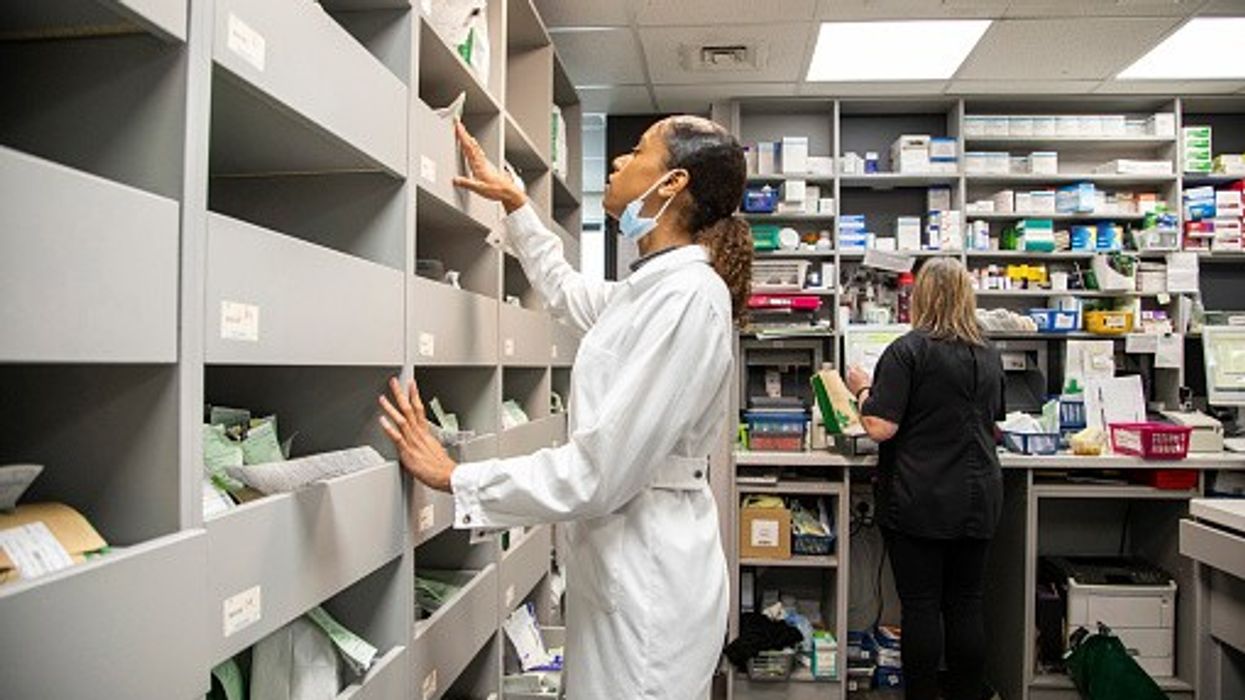More smokers need support to switch to vape but nearly one in six smokers incorrectly believe vaping to be more harmful than combustible tobacco, Public Health England has revealed.
The findings come from the seventh annual independent report summarising the evidence on vape products, commissioned by Public Health England (PHE).
Evidence on adult use of vape products came from four surveys, predominantly sourced from the ASH-ADULT survey and STS (Smoking Toolkit Survey) data. It shows a continued clear decline in smoking rates in England, now standing between 13.8 per cent and 16 per cent, depending on the methodology used.
The report shows that last year 27.2 per cent of people had used a vape product in a recent quit attempt, making it by far the most popular quitting aid. However, only 11 per cent of local authorities offer vape products as part of their approach to helping smokers quit.
The PHE report states: “As suggested in previous evidence reviews, combining vaping products (the most popular source of support used by people making a quit attempt in the general population), with stop smoking service support (the most effective type of support), should be an option available to all people who want to quit smoking.”
The report highlights variation in vaping prevalence by socio-demographic groups and smoking status. Using STS data, 7.2 per cent of men, 7.7 per cent of people in the north of England and 7.6 per cent of people from social grades C2, D and E vaped.
Vaping prevalence was between 17.5 per cent and 20.1 per cent among current smokers, around 11 per cent among former smokers and between 0.3 per cent and 0.6 per cent among never smokers. Around 10 per cent of long-term former smokers (quit for longer than 1 year) vaped, compared with 24 per cent of short-term former smokers (quit for less than one year).
Encouragingly, the proportion of vapers who also smoke has declined since 2012, from 74 per cent to 38 per cent in the ASH-Adult and from 92 per cent to 51 per cent in the STS survey. The PHE report’s authors state that the discrepancy is likely due to different definitions of smoking status.
More positive news highlights how vaping is becoming an established long-term route out of smoking for many. The proportion of current vapers who have vaped for more than three years appears to be increasing (23.7 per cent in 2018, 29.3 per cent in 2019, 39.2 per cent in 2020).
The proportion of new current vapers who have vaped for less than one month in 2020 was 2.6 per cent (5.5 per cent in 2018, 5.1 per cent in 2019). People who had vaped in the past mostly stopped after six months of use or less (59.9 per cent in 2020).
Yet a major challenge that continues to hold back the industry is the misconceptions that many smokers have about the relative risks of vaping.
The STS survey found that only 29 per cent of current smokers believed vaping was less harmful than smoking, with 38 per cent believed vaping was as harmful as smoking, 18 percent unsure and 15 per cent believing vaping to be more harmful than smoking. Misperceptions were more pronounced among smokers from social grades C2, D and E.
The PHE report also collected data emphasising the embryonic nature of some competitor next generation nicotine products. Use of heated tobacco products by adults in England was estimated at 0.3 per cent and use of nicotine pouches at 0.5 per cent in 2020.
Evidence on youth vaping collated in the report shows that there has been little change in the prevalence of vaping or smoking among young people in the past five years, despite fears from some campaigners that vaping could become a backdoor to increasing youth smoking rates.











